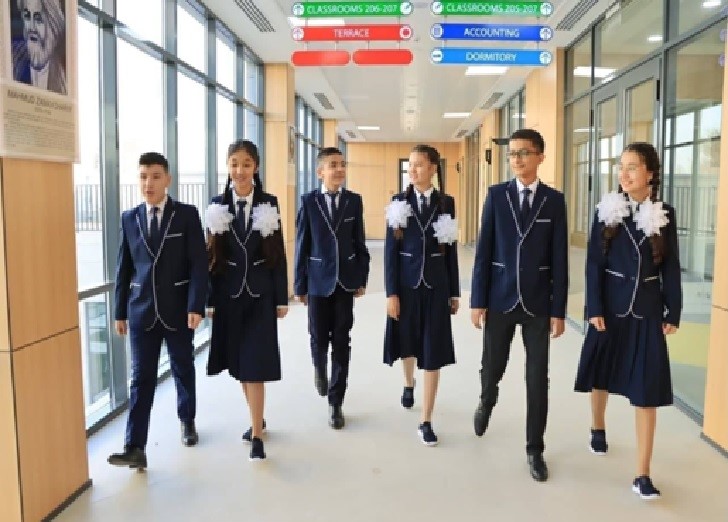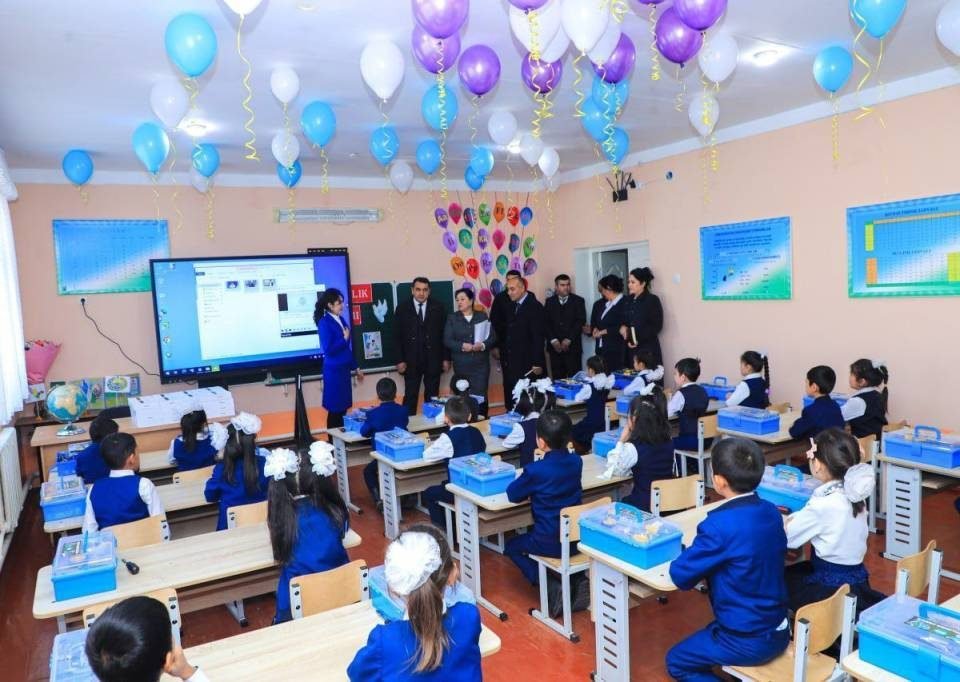Kindergartens. Perhaps, this network of institutions is those whose activities are provided only by women. It turns out that today they are implementing one of the strategic tasks of the state development at the present stage. A program has been adopted to improve preschool education for the period of 2017-2021. The correspondent of Uzbekistan Today talks with the head of the department of pre-school educational institutions of the Ministry of Public Education Sabohat Mirjalilova about the ongoing transformations and innovations in this sphere, and hence the innovative activity of the female half of our society.
– Sabohat Sagatovna, in the coming years it is planned to solve the problem of low enrollment of children by preschool educational institutions. Tell us more about this.
– Within the framework of the State Program “Improvement of the Preschool Education System for 2017-2021”, the Ministry of Public Education envisages expanding the forms of preparing children for school by introducing alternative forms of education in short-stay groups, which will be mainly organized in rural areas. Within five years, such groups will be created in stages, every year, on the basis of 1,200 pre-school educational institutions. In total, more than 6 thousand short-term groups is provided to be created in the renovated premises of pre-school educational institutions. As a result, more than 305 thousand children will be additionally covered, which will lead to an increase of 1.5 times compared with the current data.
– What are the advantages of such a new phenomenon as groups of short-term stay in preschool educational institutions?
– The purpose of such groups is to ensure the comprehensive development of children who do not attend preschool institutions, and form the basis for their readiness for schooling. Thanks to this, a child of 6-7 years old will stay in the kindergarten not for the whole day, but only for a few hours and at the same time the entire educational program will be held as the children visiting the usual groups. It is also important that the fees for these groups are much lower than in the usual ones.
– Several years ago, special books were published to help parents whose children do not attend kindergartens, which each family could receive in the nearest school library. Will this initiative be further developed?
– This practice will definitely be advanced. In the next five years, the Ministry of Public Education, in accordance with the submitted lists of mahallas and children institutions of public education that were not covered by the preschool education system, it is expected to provide a set of books in seven title in Uzbek, Karakalpak, Russian languages in order to stimulate early reading in the family. The first stage of distribution of these books is planned to be carried out in March-April 2017, the second – at the end of this year and beginning of 2018.
– Lately there has been a lot of talk about the fact that various variants of pre-school education will be developed in Uzbekistan. What does this mean?
– Currently, such educational programs as “Bolajon” and “Bilimdon” are successfully being implemented in the system of preschool education. The program “Bolajon” is intended for children under the age of 7 years, “Bilimdon” – for children in groups of short-term stay in order to prepare children for school. The program is designed to ensure the full education, training and progress of the child, and its effective preparation for school education. It determines the content of pre-school education in groups of short-term stay of children aged 5 to 7 years and orients pre-school educational institutions towards to realize the equality of all children, individual development and the disclosure of the potential of each child. These programs are mandatory for use in pre-school educational institutions located on the territory of the republic.
In the next five years, based on the best international practices, it is planned to develop variative programs in the field of preschool education and upbringing on the basis of improved state requirements. They will take into account the educational needs and interests of pupils, their families and teachers, in particular, the specific national, socio-cultural, economic, climatic conditions in which the educational process is carried out. The programs will emphasize the in-depth development of preschool children in the field of cognition, mathematical concepts, logic, and the study of foreign languages. Pre-school educational institutions, as well as parents of pupils will have the opportunity to choose the program of educational and educational process.


























